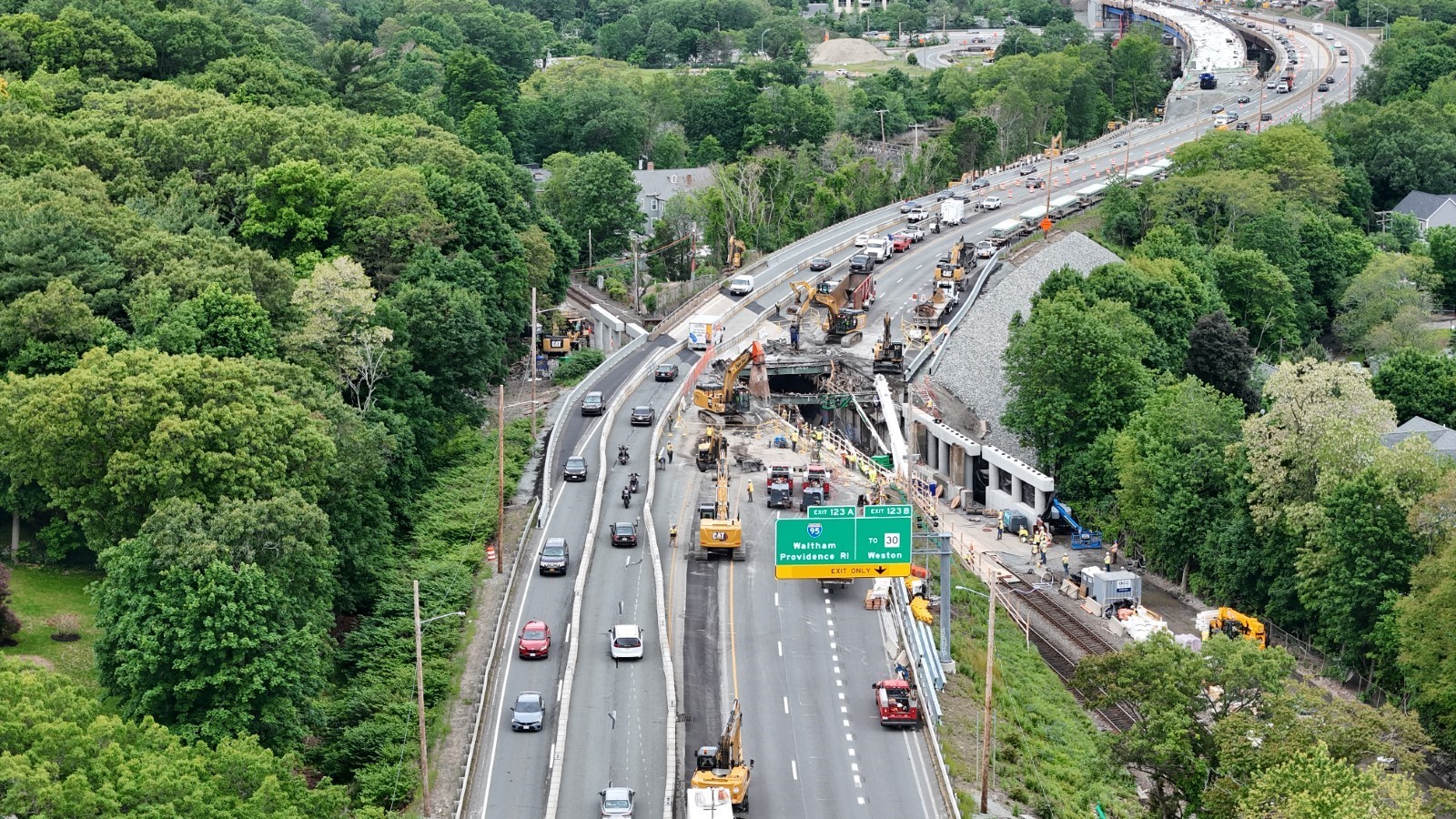A 31-year-old man in desperate need of a heart transplant is being told he does not qualify because he does not have the COVID-19 vaccine.
David Ferguson needs a new heart, and he needs it badly.
The 31-year-old father of two, with another on the way, is fighting for his life at Brigham and Women's Hospital in Boston, where he underwent an hours-long surgery Tuesday. Doctors are still working to stabilize his heart, but his family said that's only a temporary solution, and he is in need of a heart transplant.
Stream NBC10 Boston news for free, 24/7, wherever you are.
"Right now, he needs a new heart," Tracey Ferguson, David's mom, said while holding back tears in her Mendon home on Tuesday.
She said her son suffers from an irregular heartbeat, and his condition started to deteriorate over the Thanksgiving weekend. Since then, he's fought off a life-threatening blood clot.
Get updates on what's happening in Boston to your inbox with our News Headlines newsletter.
David isn't vaccinated against COVID-19 and the hospital's transplant team said he needed the shot to be eligible for a new heart.
"He is not an anti-vax person," Tracey said. "He has all of his vaccines, but there are some adverse reactions given his condition, and he is a man, he made his decision."
While it's not clear what adverse reactions Tracey was referring to, she noted her son's medical team assured him it would be safe for him to get the COVID-19 vaccine.
Local
In-depth news coverage of the Greater Boston and New England area.
At issue is concern that unvaccinated transplant patients are putting themselves at greater risk for serious illness and death from COVID-19, and thus squandering scarce organs that could benefit others. That's because when patients undergo transplant surgery, their immune systems are artificially suppressed during recovery to keep their bodies from rejecting the new organ. This leaves unvaccinated transplant patients at greater risk of severe illness and death if they are infected by COVID. For the same reason, transplant patients who receive COVID vaccines after surgery may fail to mount a strong immune response, research shows.
A spokesperson for Brigham and Women's told NBC10 Boston it couldn't comment on individual patients due to federal laws, but said in a statement that its transplant program has several requirements to "optimize" survival post-surgery.
"Our Mass General Brigham healthcare system requires several CDC-recommended vaccines, including the COVID-19 vaccine, and lifestyle behaviors for transplant candidates to create both the best chance for a successful operation and to optimize the patient's survival after transplantation, given that their immune system is drastically suppressed," the hospital said in a statement.
Around the country, a growing numbers of transplant programs have chosen to either bar patients who refuse to take the widely available COVID vaccines from receiving transplants, or give them lower priority on crowded organ waitlists, according to research from Kaiser Health News.
But many hospitals don’t require COVID vaccinations to approve active candidates for the national waiting list.
Tracey said she doesn't know at this point what's next. The family has looked at different hospitals around Boston that have different policies on the issue, but right now David is too sick to move.
"He said to the doctor, 'Are you really going to let me die over a shot?'" his mother said.
Tracey said her son's family stands by him and is comforted by the support they are receiving. A recent rally outside his hospital attracted dozens of people.
Nearly 107,000 candidates are waiting for organs in the U.S., with 3,467 of them on a waitlist for a heart transplant. Transplant centers evaluate which patients are allowed to be placed on the national list, taking into account medical criteria and other factors like financial means and social support to ensure that donor organs won’t fail. Dozens die each day still waiting, according to Kaiser.
The issue is made thornier by the fact that COVID infections destroys organs. As of September 2021, more than 200 lungs, as well as at least six hearts and two heart-lung combinations, had been transplanted for COVID-related reasons in the U.S., according to data from The United Network for the Organ Sharing.
Many of those organs were transplanted earlier in the pandemic, before any COVID vaccine was widely available. That’s no longer the case, Weill said. “If you’re just now getting vaccinated, you’ve done it at gunpoint, actually,” he said. “It’s not just a personal choice; they’re making some kind of a statement.”



